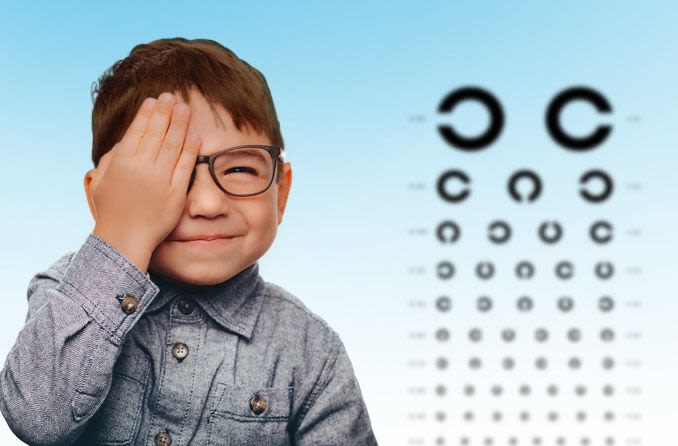A comprehensive eye exam includes a battery of tests to assess your eyesight and look for eye conditions. Your eye doctor may probably ask you to look through a variety of lenses, use a variety of tools, and shine strong lights in your eyes. During an eye checkup, several aspects of your vision or eye health are assessed using various tests.
Why is it done?
An eye exam aids in the early detection of eye issues, when they are most treatable. Regular eye exams provide your eye care specialist the chance to advise you on how to take care of your eyes and to rectify any visual changes or help you adjust to them. Moreover, an eye exam may reveal information about your general health.
When to get your eyes checked?
How frequently you require an eye exam depends on a number of factors, including your age, health, and likelihood of acquiring eye conditions. The following are general rules:
- Children under the age of three
The pediatrician will probably examine your child’s eyes to ensure that they are developing normally and to check for the most typical childhood eye conditions, such as lazy eye, cross eyes, or misaligned eyes. Between the ages of 3 and 5, a more thorough eye examination will check for issues with vision and eye alignment.
- School-age children and adolescents
Before your child starts kindergarten, have their vision evaluated. After that, the doctor for your child might suggest how frequently eye checkup in Cambridge should be performed.
- Adults
The American Academy of Ophthalmology suggests obtaining a full eye exam at age 40, when some vision abnormalities and eye disorders are expected to start, if you are healthy and have no signs of visual difficulties. Your eye doctor can advise you on how frequently you should have future eye exams based on the findings of your test.
Have your eyes tested every year or two if you’re 60 or older.
Frequently check your eyes if you:
- Use contact lenses or glasses
- Have a history of vision loss or eye illness in your family
- Have a chronic condition, such as diabetes, that increases your risk of developing eye illness.
- Take medications that have negative side effects on the eyes.
